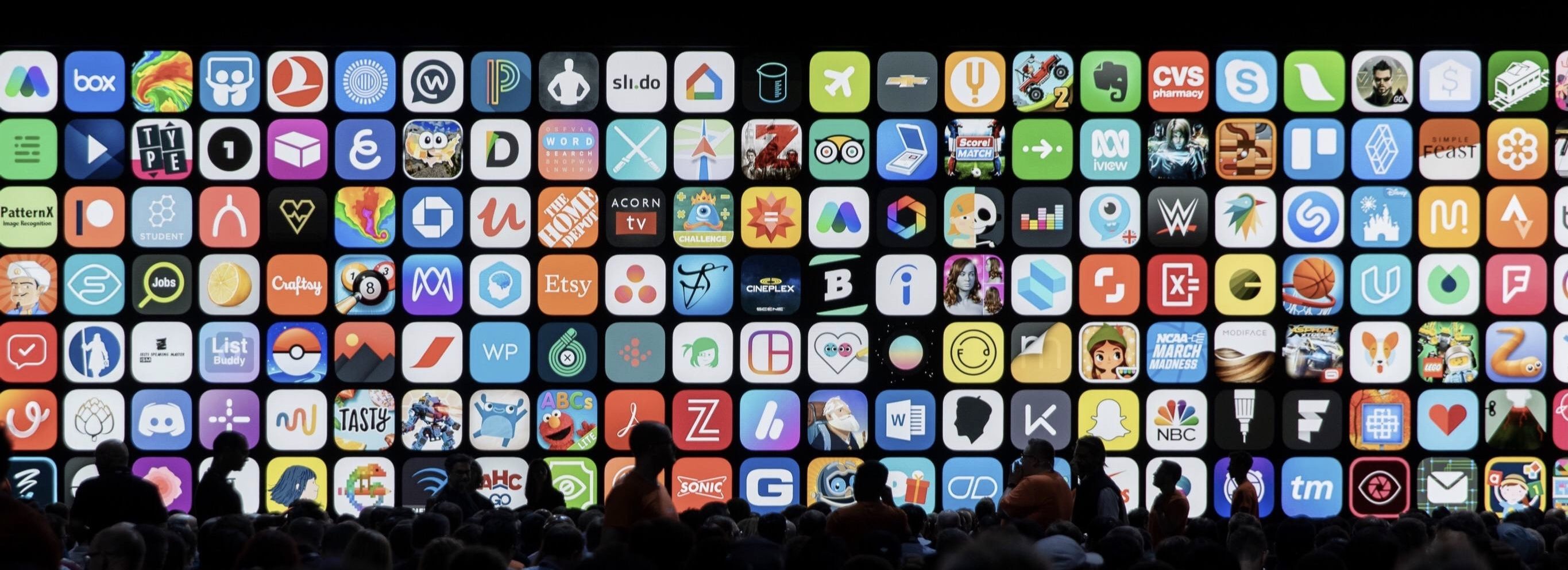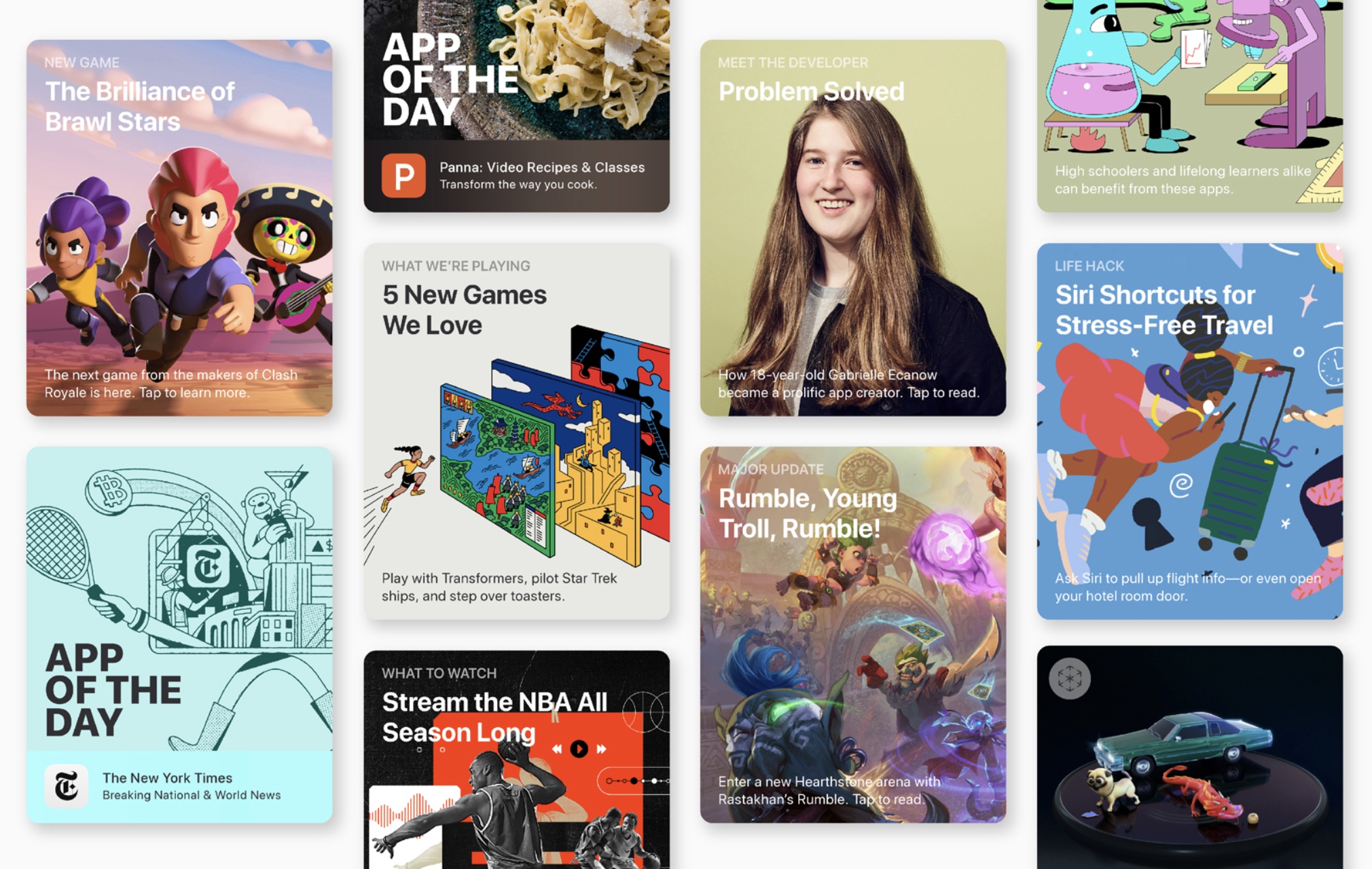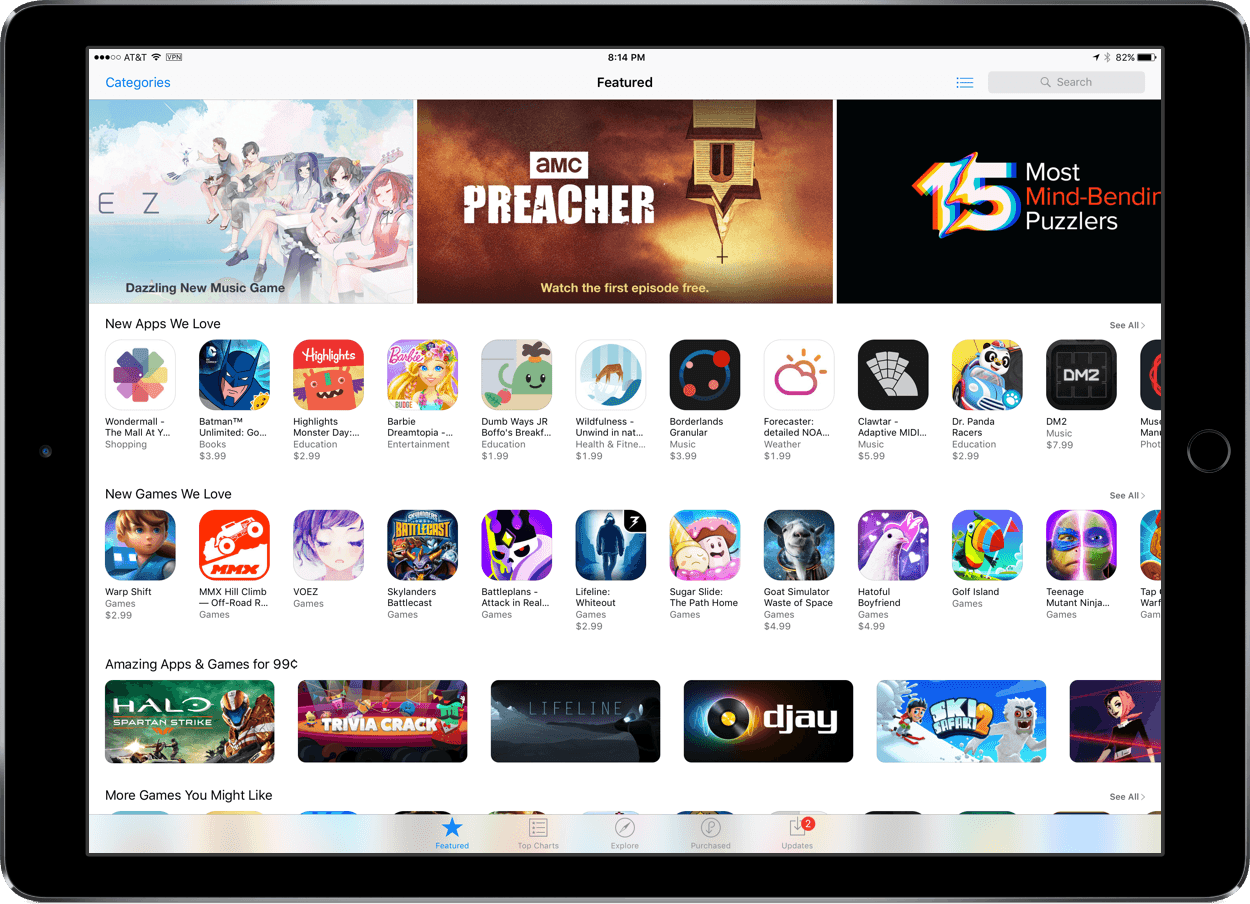Today, on its developer site, Apple announced how its App Review team is evaluating apps related to COVID-19 to ensure that users can depend on such apps. Apple says:
The App Store should always be a safe and trusted place for users to download apps. Now more than ever that commitment takes on special significance as the world fights the COVID-19 pandemic. Communities around the world are depending on apps to be credible news sources — helping users understand the latest health innovations, find out where they can get help if needed or provide assistance to their neighbors.
To help fulfill these expectations, we’re evaluating apps critically to ensure data sources are reputable and that developers presenting these apps are from recognized entities such as government organizations, health-focused NGOs, companies deeply credentialed in health issues, and medical or educational institutions. Only developers from one of these recognized entities should submit an app related to COVID-19. Entertainment or game apps with COVID-19 as their theme will not be allowed.
Apple also encouraged developers of apps related to COVID-19 to select the ‘Time-Sensitive Event’ option when submitting an expedited review request, so their apps will be prioritized by App Review.
Overnight, Apple CEO Tim Cook announced that retail stores outside Greater China will be closed until March 27th and shared details on the steps Apple is taking to protect the physical health of its employees and retail customers. With this latest announcement, Apple is tackling the pernicious effects of misinformation by pledging to keep it out if the App Store, so customers know they can rely on the apps they download.




